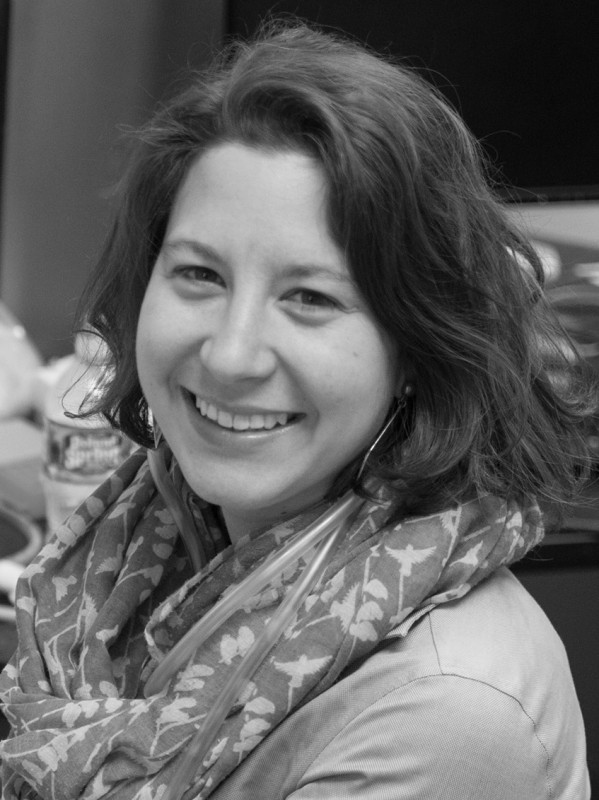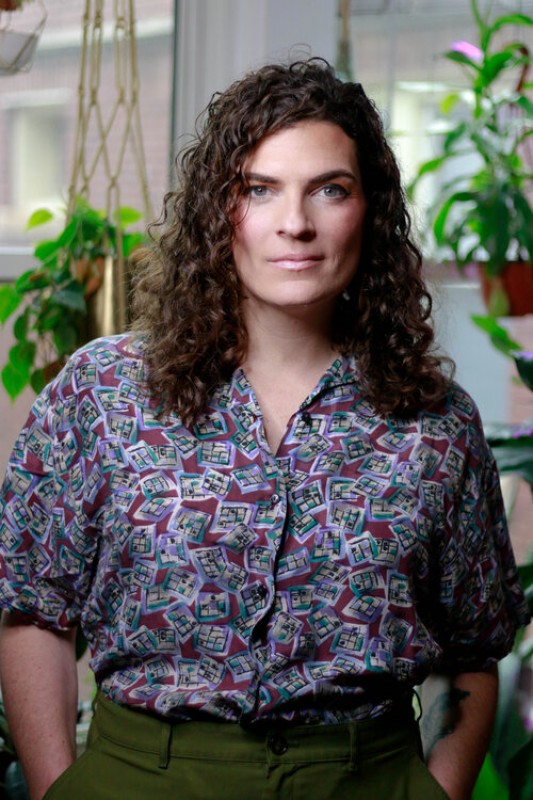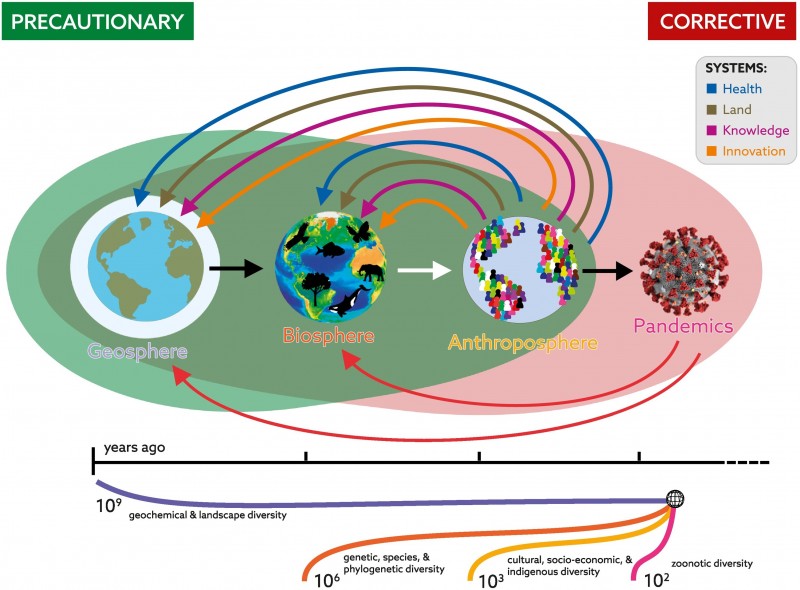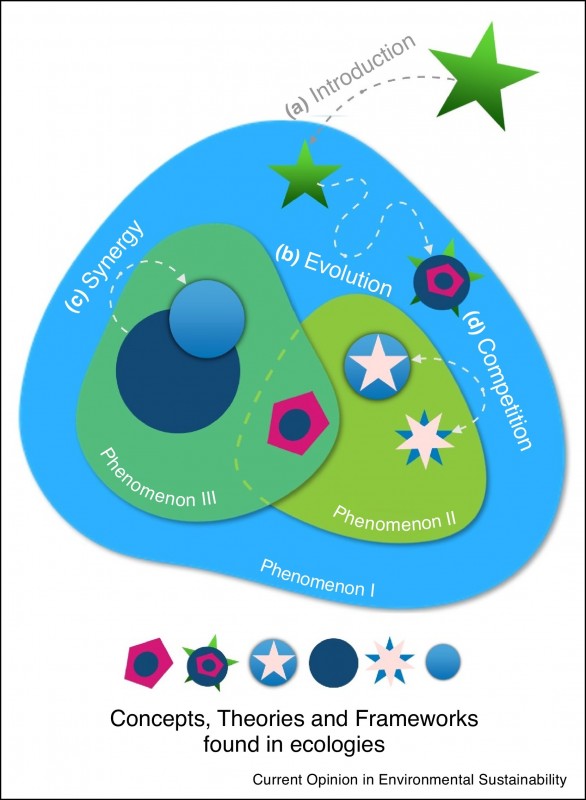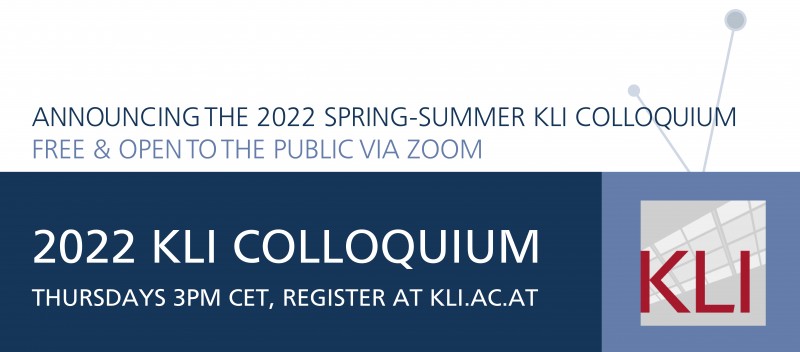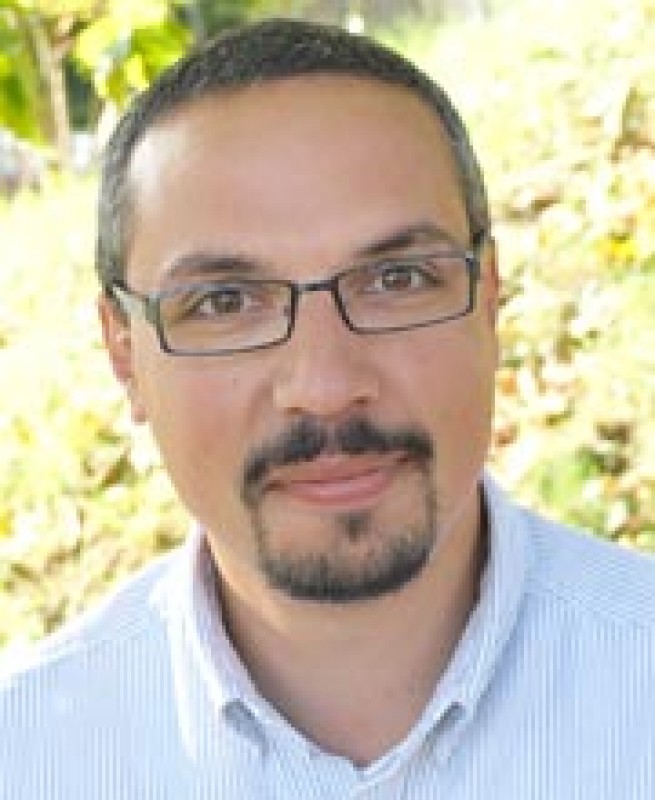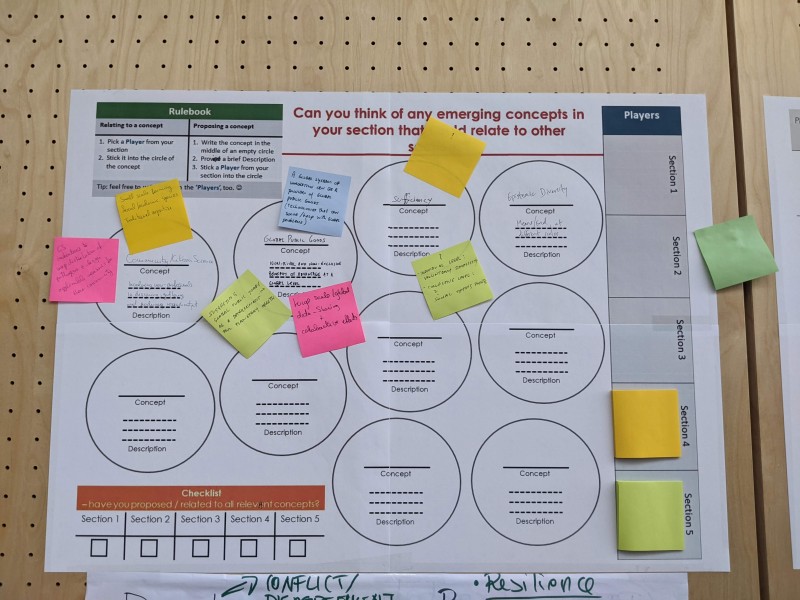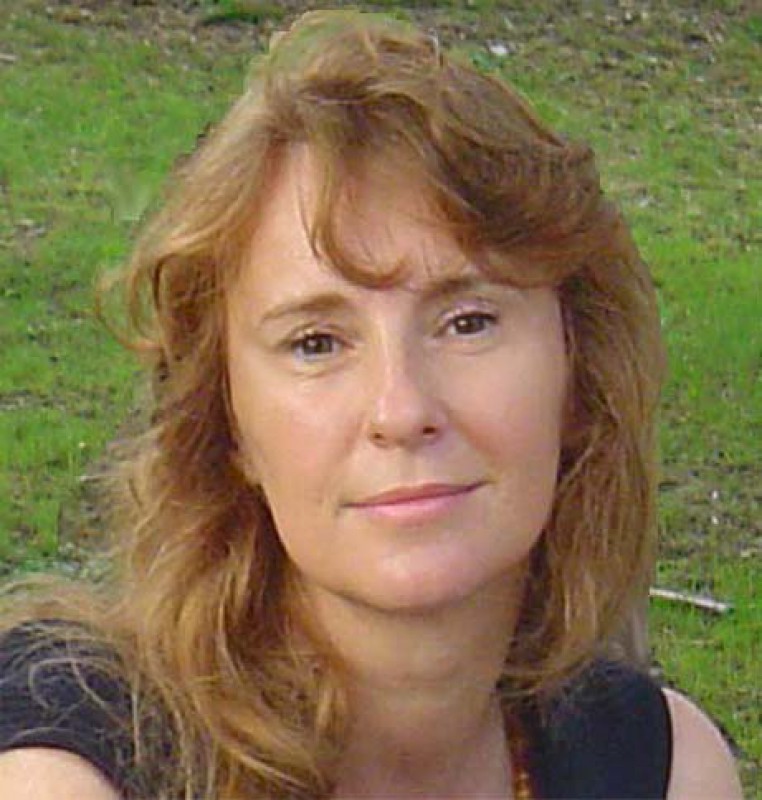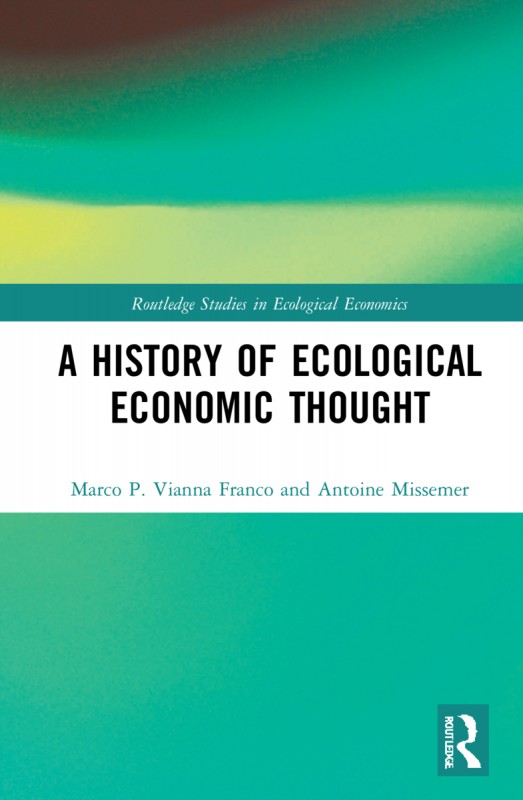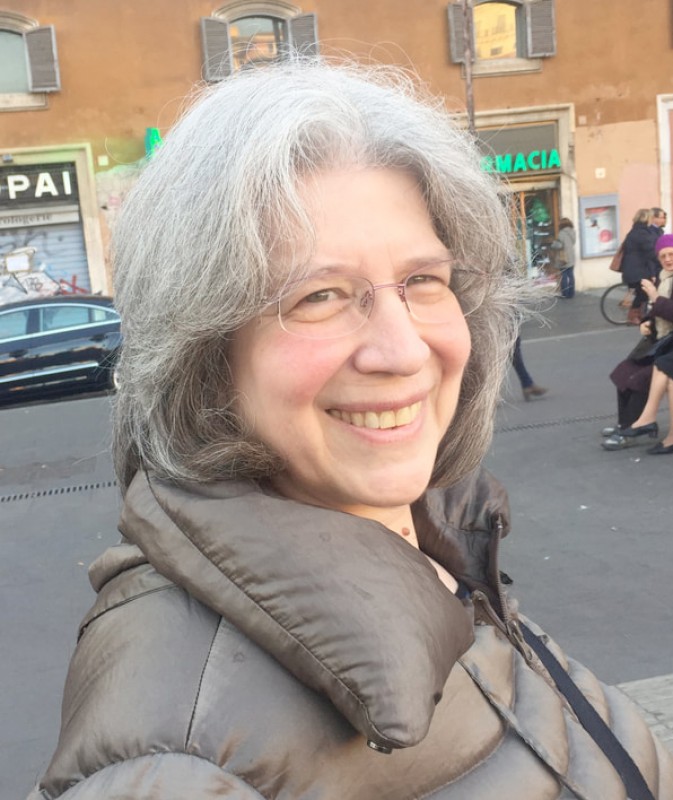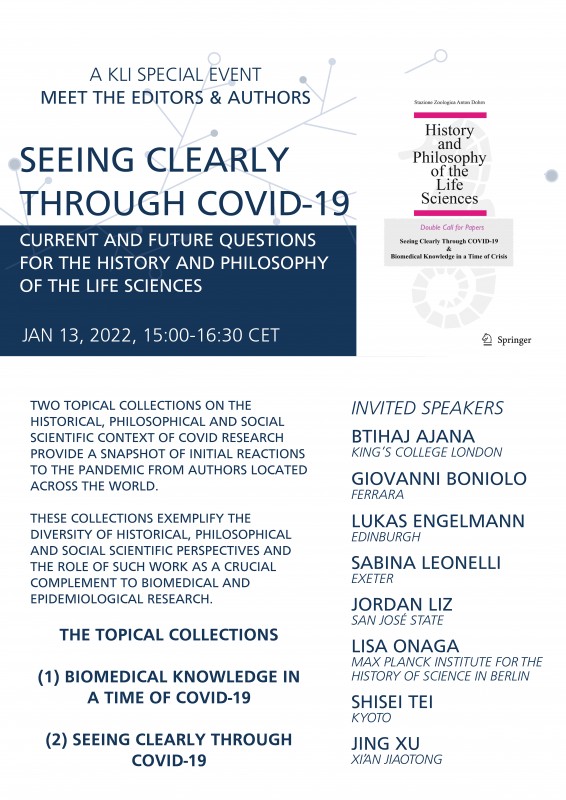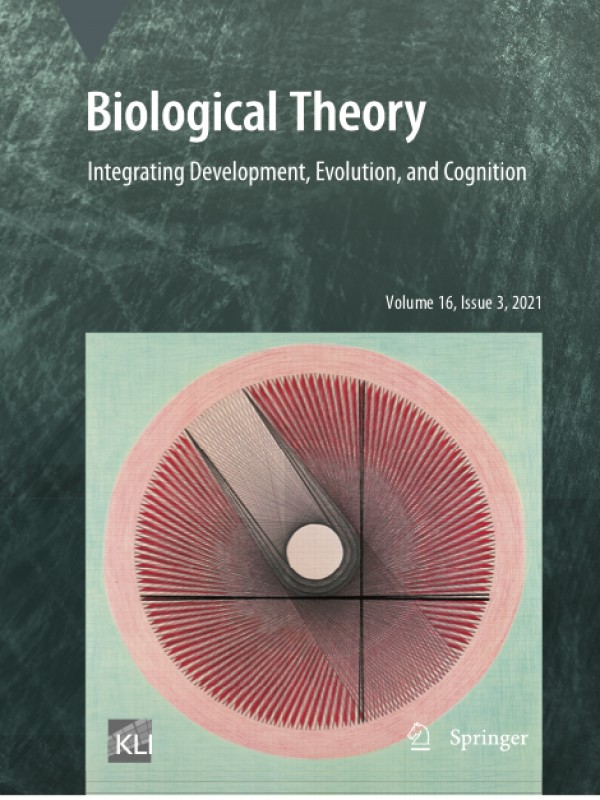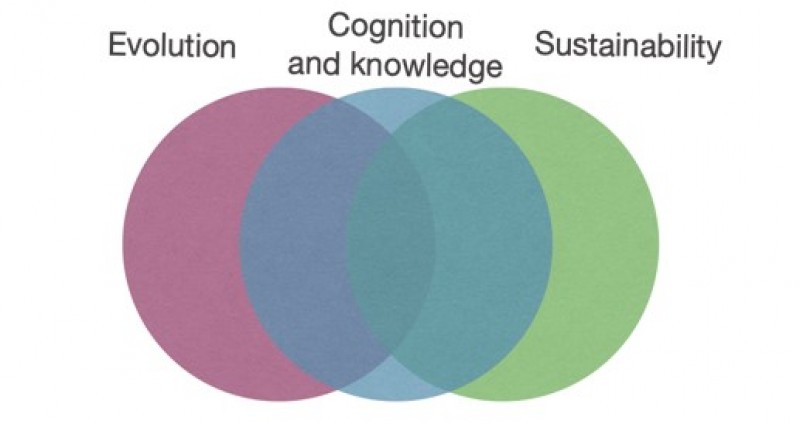News
2022-04-24
Dissecting Female: Towards a Queer Feminist Approach to Research on Sexual Reproduction
Caitlin McDONOUGH-GOLDSTEIN (University of Vienna), 28 April 2022, 3.00 pm. To join our colloquium please register with Zoom.
2022-04-14
Imagining a Post-Climate-Crisis Future
Mika TOSCA (School of the Art Institute of Chicago), 21 April 2022, 4.00 pm. To join our colloquium please register with Zoom.
2022-04-07
Not over yet: KLI publications on the pandemic
In addition to Diversity Lost to Diversity Regained, KLI fellows covered a range of philosophical, social, and ecological issues.
2022-04-07
Why care about theory in sustainability science?
If we want to contribute to sustainability transformations, why should we spend time theorizing? New paper by Schlüter et al. talk about theories as assemblages, spaghetti bowls, and ecologies of theories.
2022-04-05
Hot off the press! Biological Theory’s special issue for March
The special issue, edited by Gaëlle Pontarotti, Antoine C. Dussault, and Francesca Merlin, is a thematic collection on Conceptualizing the Environment in Natural Sciences.
2022-04-05
Announcing the 2022 Spring-Summer KLI Colloquium
Save the dates! The colloquium series will continue to be available for free and online as a hybrid event.
2022-04-03
The Schismogenic Hypothesis: Conceptualizing Grassroots Sustainability Transformation as a Process of Conscious Self-Determination by Differentiation
Giuseppe FEOLA (Utrecht University), 11 April 2022, 3.00 pm. To join our colloquium please register with Zoom.
2022-04-03
Truth and Verification: Freire’s Dialogical Method
Kim DIAZ (University of Texas, El Paso), 7 April 2022, 3.00 pm. To join our colloquium please register with Zoom.
2022-03-31
Thought anchors and concept relation games: an interview with Orsolya Bajer-Molnár on flexible tools for transdisciplinary collaborations
We talked to co-lead author of “Diversity Regained: Precautionary approaches to COVID-19 as a phenomenon of the total environment” about the transdisciplinary methods they developed to facilitate their collaboration.
2022-03-30
The making and breaking of minds: an interview with Isabella Sarto-Jackson
In her latest book, Dr. Sarto-Jackson talks about the role of the social environment in human brain development and what this means for how society understands and treats the youth.
2022-03-10
The KLI stands with the people of Ukraine
We regard the Russian invasion an attack on the fundamental values of freedom, democracy, and self-determination. The KLI is part of the "Global Research Groups Supporting Ukrainian Scientists” and offers support for Ukrainian researchers.
2022-02-15
New paper on imperialist appropriation in the world economy
Co-authored by KLI fellow Christian Dorninger, their new paper shows that rich countries rely on a large net appropriation of resources from the global South.
2022-02-07
Forthcoming: A History of Ecological Economic Thought
New book by KLI fellow Marco P. Vianna Franco and co-author Antoine Missemer to be published in Routledge Studies in Ecological Economics
2022-02-05
New book: The Convergent Evolution of Agriculture in Humans and Insects
A new addition to the Vienna Series in Theoretical Biology at The MIT Press
2022-01-24
Call for Applications: Sixth European Advanced School in the Philosophy of the Life Sciences (EASPLS)
Hosted by PhilinBioMed, this year's theme is “Dealing with Complexity in the Biological and Biomedical Sciences"
2022-01-17
Through the Fractured Looking Glass
Sandra MITCHELL (University of Pittsburgh), 26 January 2022, 3.00 pm. To join our colloquium please register with Zoom.
2022-01-04
Seeing Clearly through COVID-19: Current and Future Questions for the History and Philosophy of the Life Sciences
Meet the Editors & Authors (History and Philosophy of the Life Sciences), 13 January 2022, 3.00 pm. To join our colloquium please register with Zoom.
2021-12-19
The December 2021 issue of Biological Theory is now out!
Featuring a section commemorating Richard Lewontin (1929-2021) and a tribute to Karen Neander (1954-2020).
2021-12-19
Mendel turns 200! New grant on Mendel's legacy in science and society
KLI alumnae Barbara Fischer, Lynn Chiu, and Philipp Mitteröcker are co-leading a project that will take place at the KLI and the Natural History Museum of Vienna.
2021-12-19
5 KLI Writing-up Fellowships on “Cognition and Knowledge: Between Evolution and Sustainability”
Announcing 5 Writing-Up Fellowships for late-stage PhD students working on topics related to “Cognition and Knowledge: Between Evolution and Sustainability”.


